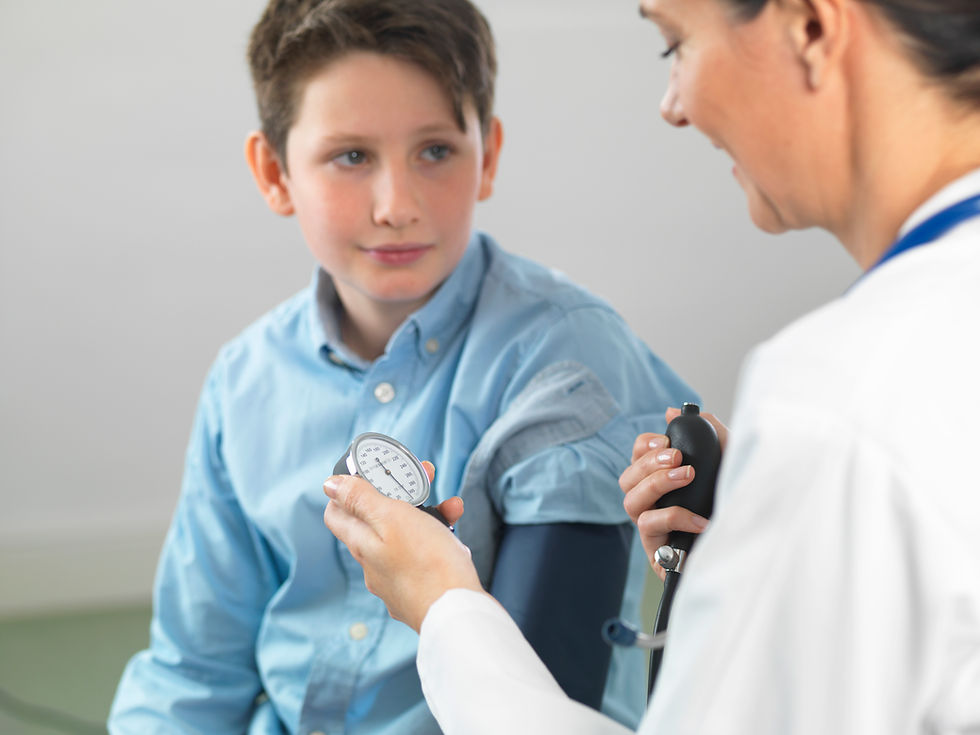Non-Edible Choking Hazards
- Denise Scott
- Jun 14, 2023
- 3 min read
(The Things Kids Eat!)
I am following up on my recent article on edibles (food) as choking hazards, with one on non-edible choking hazards. Although this article does not relate to food, it does involve the things that little ones put in their mouths, attempting to eat them, and the dangers involved. I have emphasized this many times, but all parents should get trained in infant and child CPR and learn what to do for a choking child. Hopefully, you will never witness this situation, but knowing what to do can be life-saving.
The items kids attempt to eat are incredible; most are not tasty! I often wondered why a little one would even put certain things in their mouths. Some will pass unremarkably, others can require surgery to remove, and some are deadly. Since this is Child Safety Month, I am writing this to create awareness and hopefully prompt everyone reading this to carefully inspect their home to properly put away any and all hazards. The temptation for a child is simply seeing an object. Infants and toddlers often explore items with their mouths, so everything - edible and non-edible - goes there.

Very small plastic toys and beads that children like to eat but won't cause harm
Those objects that are not toxic or deadly and can usually pass without problems include:
Small plastic toys (like tiny Legos or Barbie doll shoes) that don’t have sharp points or magnets
Small coins (up to nickel-size)
Paper
Teeth
Small buttons
Small rings
Pieces of crayons or Play-doh (beware that Play-doh is made with flour, so it is a wheat product)
Dog and cat food

Coins that are smaller than a quarter will pass on their own once past the stomach
Items that are considered very dangerous and need immediate attention, including x-rays to locate the object, include:
Batteries - any and all kinds. Button batteries tend to be the most appealing to kids. These can burn through the esophagus (feeding tube) within a few hours.

Batteries, especially the small, shiny button batteries are very attractive to little ones and can be deadly!
Magnets - these are dangerous if more than one is swallowed since they can stick together through the wall of the intestines and cause a blockage.

Small magnets of all kinds, especially if more than one is swallowed, are extremely dangerous
Sharp objects like needles, nails, screws, open safety pins, pushpins, pull tabs, fish bones, etc.

Small, sharp objects, like these colorful push pins are hazardous to little ones
Objects larger than one inch - quarters and larger coins, large buttons, large marbles
What to do if you know or suspect your child swallowed something?
If you know what it is, and it is a small, non-sharp object, and your child is breathing and swallowing fine, and it is NOT a magnet or battery, then it should pass without issue. If your child complains of chest or belly pain, is drooling, or has problems breathing or swallowing, they need to be seen.
Any battery or magnet ingestion should go to the ER immediately.
Other reasons to go to the ER include:
Gagging, drooling, vomiting
Pain in the throat, chest, or abdomen
Any trouble breathing or swallowing
Blood in the saliva
Call 911 if
unable to talk, cough, cry, or have difficulty breathing, especially with sudden onset of wheezing.
If an object is stuck in the esophagus, your child will have that retrieved with endoscopy (putting a scope down their feeding tube). A dangerous item in the stomach will also be taken out.
Items that are not sharp or dangerous will likely be allowed to pass, which may take several days. If the object is small (less than an inch), and your child can swallow liquids and food without discomfort, then watch for any concerning symptoms. You don’t need to worry about checking or straining each stool for tiny objects.
Prevention is always the best medicine!
Scour every room of the house, especially the floors and any surfaces within reach, to remove small objects.
Have older siblings keep toys, games, puzzles, etc., with small objects closed up and put out of reach.
Keep any controls with batteries out of sight, out of reach. I remember covering battery compartments with duct tape to the tv remote and garage door openers!
Keep all cleaning solutions out of reach.
Make sure all pill bottles, vitamins, etc., have childproof caps and are out of sight, and please do not call vitamins or medicines candy.
Vacuum frequently.
Keep pet food away from little ones.

Person practicing infant CPR which can be life-saving
The best advice is not to leave babies unattended. They somehow find things you don’t see, which end up in the mouth!




Comments